
Nutrient Content
Corn should be an integral part of everyone’s diet, as it is available throughout the year. It is a good source of many nutrients such as thiamine-vitamin B1, vitamin B5, dietary fibers, folic acid and manganese. Vitamin B5 is essential for the metabolism of carbohydrates, proteins and lipids. This vitamin is very useful when person is stressed out as a support for adrenal gland functioning.It does not contain excess calories. Fresh corn contains 80 to 100 kcal. Although, it is rich in carbohydrates, corn is poor in fats, which makes it a good source of quickly available energy. Fats that are prevalent in corn are multiple and single unsaturated.
Unlike other vegetables that are losing a nutrient value during thermal processing, corn boiling or roasting destroys partially only vitamin C, but also releases molecules with antioxidant activity, which increase its protective power. During cooking it releases ferulic acid - phyto substance that is found only in some fruits and vegetables, which has strong antioxidant activity and anticancer properties.
Not everything is so idyllic because corn is at the top of the list of foods that can cause allergy.
Health Benefits of Corn
Cardiovascular system Corn lowers the cholesterol level due to high dietary fiber content. But, it also has beneficial effect on cardiovascular health thanks to significant content of vitamin B group that lowers level of homocysteine in blood. Homocysteine directly damages blood vessels, so decreasing the concentration of this dangerous molecule reduces the risk of heart attack, stroke or peripheral vascular disease.Digestive tract
Corn should be used in the case of constipation because it regulates stool due to high content of dietary fibers. Use of corn in the diet prevents colon cancer and relieves many stomach diseases such as heartburn, gastritis and stomach ulcer.
Memory
Corn is a good source of thiamin-vitamin B1. This vitamin is an integral part of enzyme reactions related to creating energy and also plays an important role in cognitive brain functions because it is necessary for acetylcholine synthesis, which is the memory needed neurotransmitter. The lack of acetylcholine is related to diseases that occur with aging such as dementia and Alzheimer's disease.
Lung Cancer
Consumption of foods rich in cryptoksantin - red and orange carotenoid, significantly reduces the risk of lung cancer. Corn, squash, red peppers, orange and peach are the foods rich in this substance. One study has showed that eating such food reduces the risk of lung cancer by 27% in non-smokers and by 37% in smokers compared to smokers who rarely consume food rich in this ingredient.


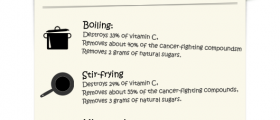




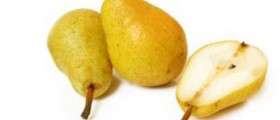

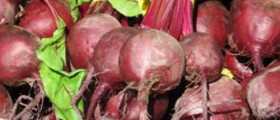
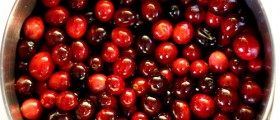
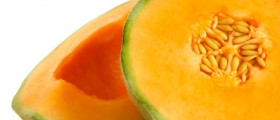



_f_280x120.jpg)

Your thoughts on this
Loading...